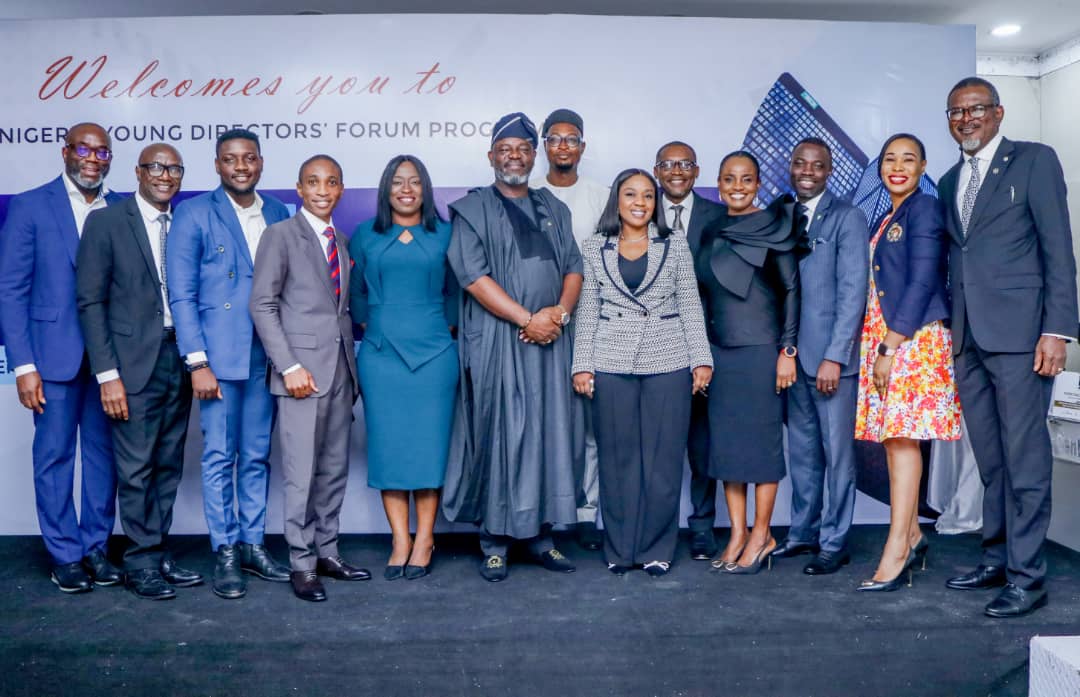The body of attorneys-general of the states (BOAGS) of the federation has criticised the federal government over the distribution of funds derived from the Electronic Money Transfer Levy (EMT).
The revenue derived from the EMT levy is shared based on the derivation and distributed at 15 percent to the federal government and federal capital territory, 50 percent to the state governments, and 35 percent to the 774 local governments.
However, in a communique issued after a meeting held in Asaba, Delta State from November 30 and December 2, the BOAGS described the sharing formula as “incorrect”.
The attorneys-general stated that the action of FG is in disregard of constitutional and statutory provisions stating that neither section 163 of the 1999 Constitution nor section 89A of the Stamp Duties Act (SDA) introduced through section 48 of the Finance Act 2020) countenance the disbursement of the EMT Levy to the local governments.
Advertisement
“While we commend the financial sustenance of local governments, we counsel against the disregard of constitutional and statutory provisions,” the communique read.
“Neither section 163 of the 1999 Constitution nor section 89A of the Stamp Duties Act (SDA –introduced through section 48 of the Finance Act 2020), countenance the disbursement of the EMT Levy to the local governments.”
The communique was issued and signed on behalf of members by the Moyosore Onigbanjo, Lagos commissioner of justice, as well as Abdulkarim Kana, Nasarawa attorney-general.
Advertisement
They claim that SDA stipulates a mechanism for allocating the proceeds from the EMT levy, with 15% going to the federal government and the federal capital territory and the remaining 85% going to the state governments.
Therefore, the body insists that each state of the federation must receive 85% of the levy derived from that state as the law provides.
The body further noted the absence of pools, betting, lotteries, gaming, and casinos in the exclusive and concurrent legislative lists while stating that these items are residual matters reserved exclusively for the states, outside the National Assembly’s legislative competence.
Advertisement
Add a comment






